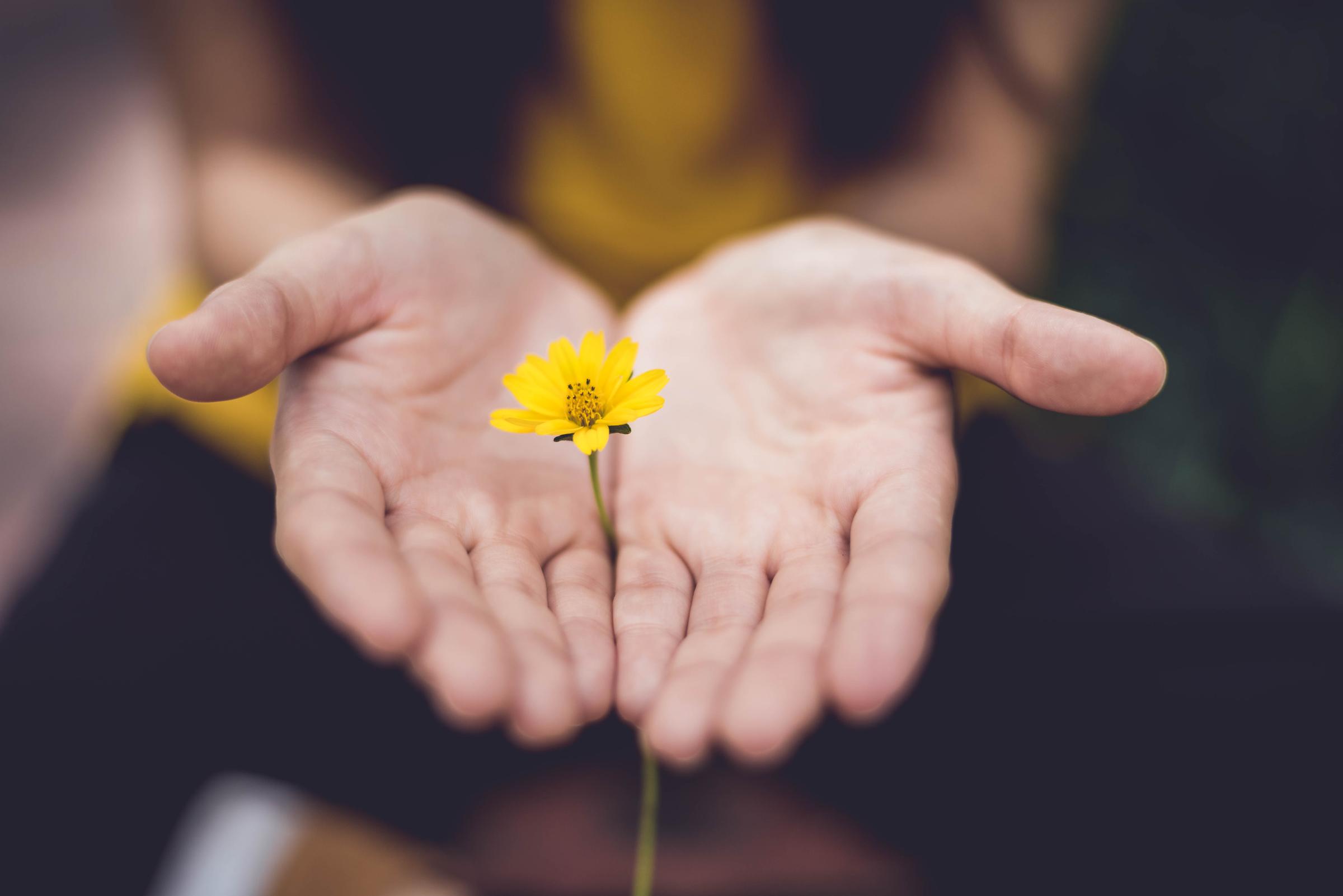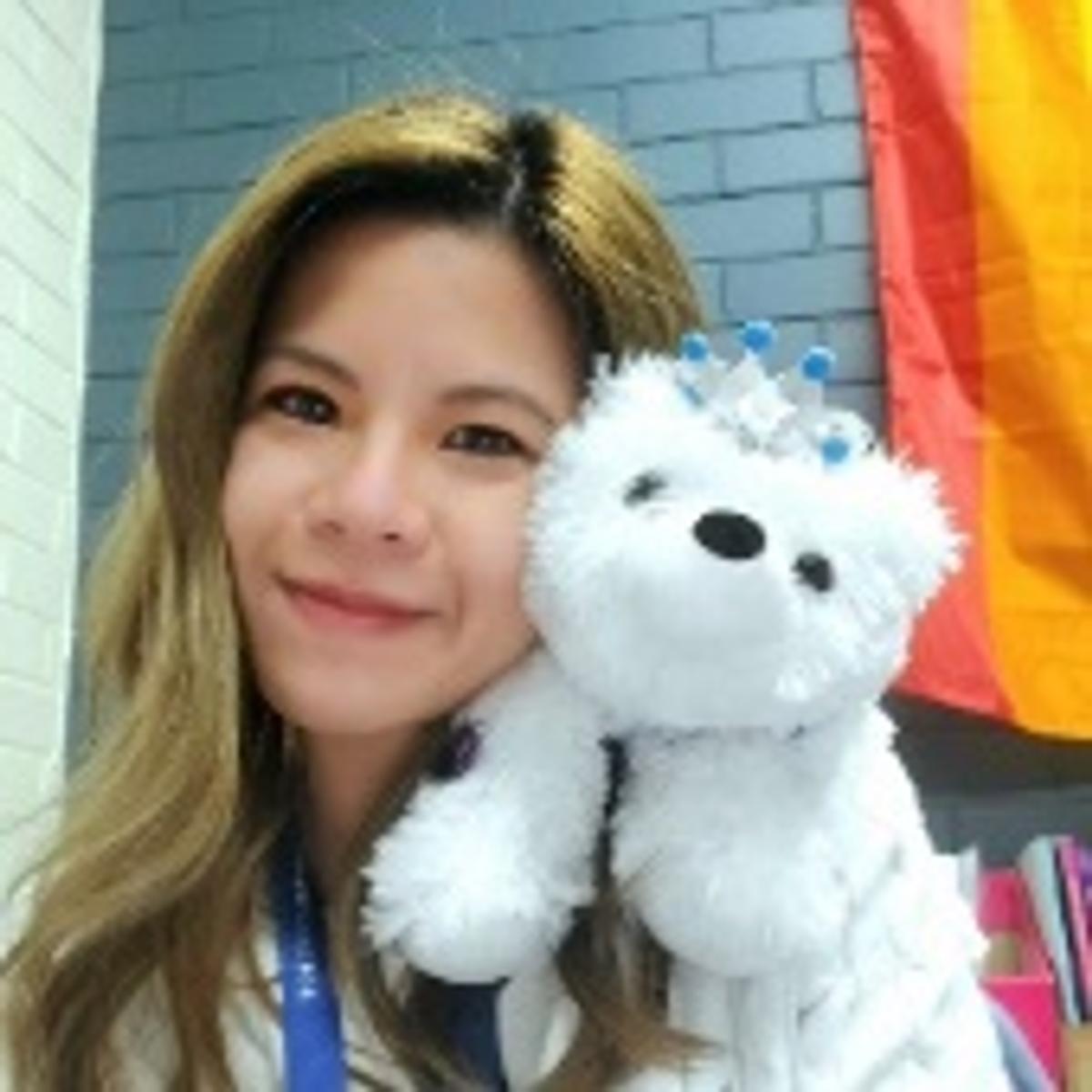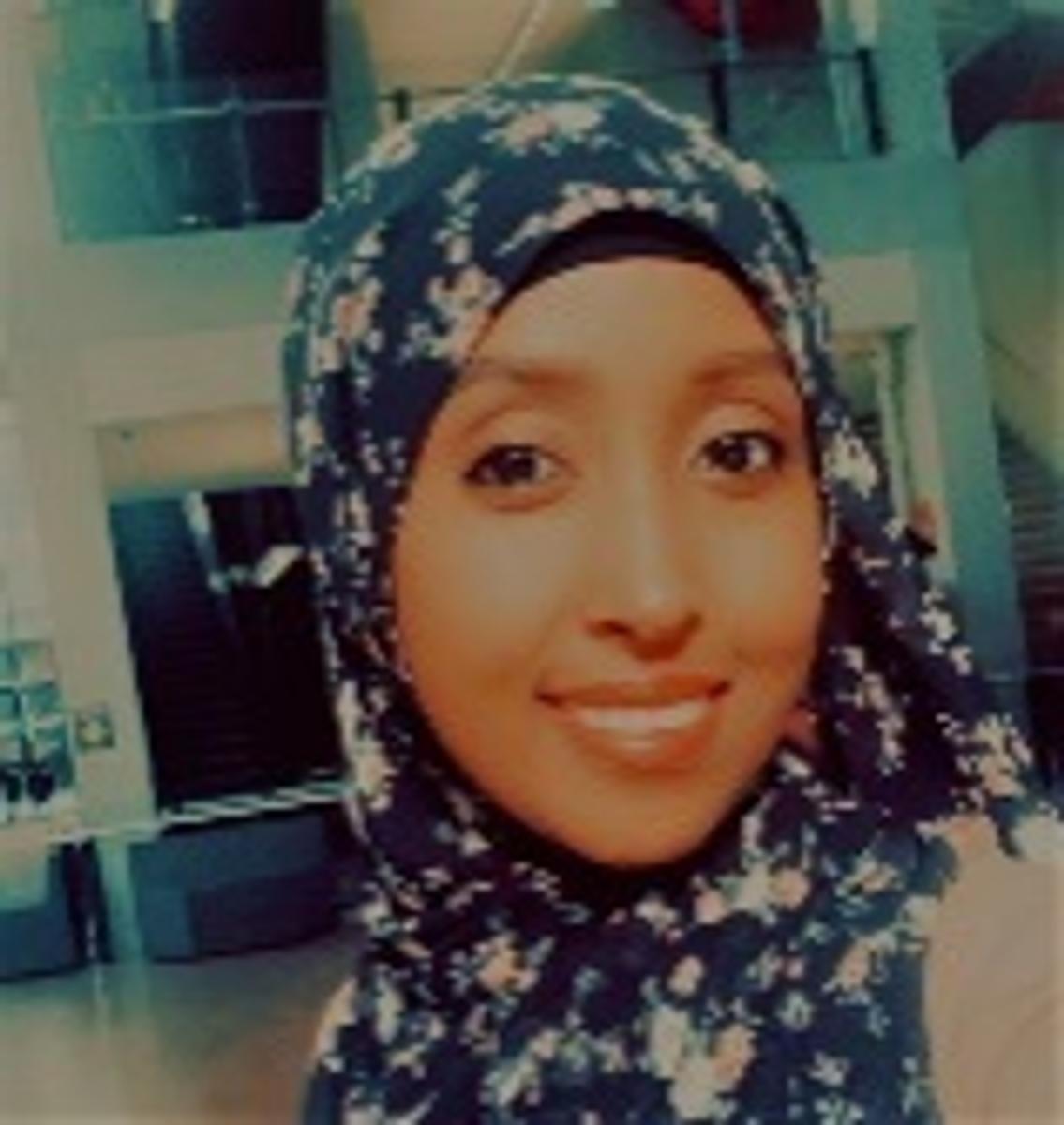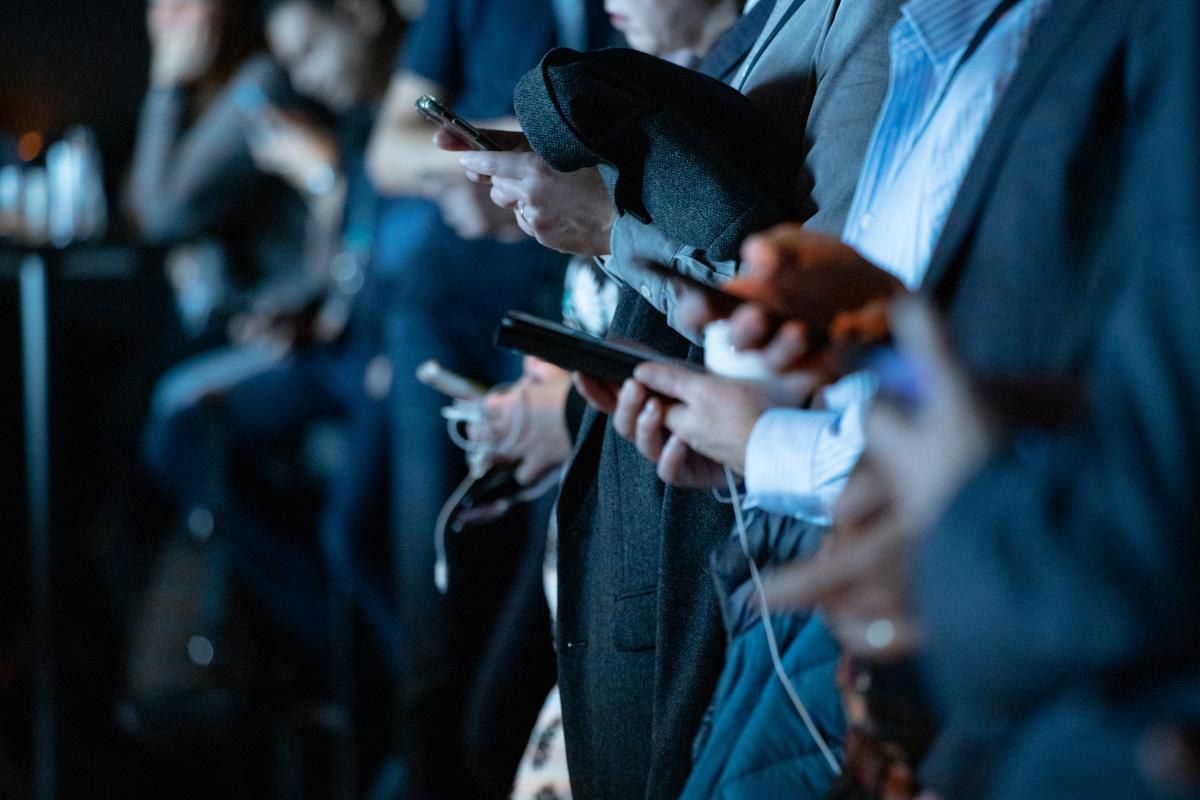Wellbeing News
Creating Futures Together

Wellbeing News
Creating Futures Together
The wellbeing team comprises of Celine Tsang, the Student Wellbeing Leader/ Counsellor, and Fosia Mohamud, the Mental Health Practitioner. We have enjoyed getting to know and supporting the young people of WHSC in semester one. We are excited to continue to provide a safe space where student wellbeing and mental health is supported and advocated for.


My name is Celine Tsang. I joined the WHSC Wellbeing team at the start of Term 3 in 2022 as Counsellor and have stepped into the wellbeing leader role. I have a Masters in Counselling with Victoria University, and am a registered counsellor with the Australian Counsellor Association. I have worked with several schools and assisted students with their mental health. My favourite color this year is grey-blue, I speak English, Mandarin and Cantonese, I still love spicy food, I still love dogs, come say hi.
I believe in autonomy, honesty, and non-judgment. We offer a safe space for students to explore their emotions and vulnerability. All feelings are acceptable, and there is no such thing as “you shouldn’t feel that way”, but rather what you wanna do about it. Organise yourself a time with us to see what strategies work for you the best 😊


My name is Fosia Mohamud. I Joined the WHSC team at the end of term three in 2021 as the Mental Health Practitioner (MHP). I am a qualified Social Worker and have worked in various settings over the last 10 years in the Health and Public Service Sectors.
I prefer tea (with ginger) over coffee and love anything salted caramel. I’m enjoying working at WHSC in a role that focuses on mental health in the school setting, where early intervention can be facilitated. I strongly believe everyone has the key to good mental health; sometimes, we just need a guiding hand to access that key.
In addition to providing counselling and support to students, I also oversee wellbeing initiatives and targeted programs at the school. We encourage students and staff to be involved in mental health awareness as a whole school approach. Students and staff are welcome to reach out to me to find out how they can be involved.


We are excited to have a counselling student join our wellbeing team who is in the final stages of her Bachelor of Arts Therapy. Madeleine Mitchell - (Maddie) joined our team in term two and will be with us for term three. Maddie has already commenced engaging with a number of our students. Below are her reflections:
My name is Maddie and I have had the privilege of being a part of the WHSC Wellbeing team completing my final placement. I am a creative Arts Therapist who works in a multi-modal, client centred way. During this time I have worked with a number of students facilitating both counselling and Arts Therapy sessions.
As an Arts Therapist I use art as a way for students to express emotions and communicate without words. Arts Therapy is process based and doesn’t require any skills or experience in visual art, it’s about having space to play and express yourself!
I have a beautiful cat that I talk about all the time, I love reading and being in nature.
To book in a session just fill in the Wellbeing student referral form below!


We have revamped the wellbeing space and our new location is between the canteen and staff room. All students are welcome.
Parents can contact the Learning and Wellbeing Leader (previously known as the Year Level Coordinators) to discuss any wellbeing concerns and the referral process.
As a first point of contact, students are encouraged to raise any wellbeing concerns with their teachers and the Learning and Wellbeing Leaders for referral. Students can also self-refer for wellbeing support via the student referral form (see below link). Referral forms can also be accessed via the wellbeing office, which is open to all students. Wellbeing staff will be in touch with students as soon as possible.
We encourage all parents and students to flag any wellbeing concerns early, so we can provide early intervention. Counselling sessions are confidential between students and the wellbeing team; unless there are any safety risks identified.
If you would like any information regarding mental health supports/ mental health themes covered in the school newsletter, please get in touch with our Mental Health Practitioner-Fosia (fosia.mohamud@education.vic.gov.au).


Social media influencers have become powerful individuals who often shape the opinions and beliefs of others due to strong connections with their audiences. In today's fast-paced digital world, attention has become a valuable commodity. However, the impact of social media influencers on youth mental health is a growing concern, most recently, the controversial actions and statements of Andrew Tate. His rise to fame has made him a polarising figure, amassing a significant following of mostly young males.
Educators and families have raised urgent concerns about the damaging nature of Tate’s content, worried that his messages may radicalise students and create a generation of young men with regressive and harmful beliefs. Young people often compare themselves to the idealised lives presented by influencers, leading to feelings of inadequacy, low self-worth and dissatisfaction.


Social media algorithms may also expose them to inappropriate or harmful content such as explicit material, promotion of harmful behaviours, or distorted perceptions of body image or mental health. It is important to guide a young person’s social media use and promote open communication. Be curious to comprehend why they might be drawn to radical influencers, like Andrew Tate, and actively seek understanding as part of the solution.


While not all influencers have a negative impact, parents play a vital role in ensuring a balanced approach to social media. By actively modelling kindness, respect and positive values, parents can help tackle the sway of radical influencers and be part of the solution to countering unhealthy masculinity. This Special Report provides guidance on how to respond to misinformation and disinformation, instead encouraging critical thinking and emphasising the value of real-life connections.
We hope you take a moment to reflect on the information offered, and as always, we welcome your feedback. If this raises any concerns for you, a loved one or the well-being of your child, please consider seeking medical or professional help. Click on this link to view the Special Report https://whsc.vic.schooltv.me/wellbeing_news/special-report-social-media-influencers-au
Headspace: 24/7 phone counselling service for 12 to 25-year-olds.
P: 1800 650 890
www.headspace.org.au
E-Headspace: 24/7 online counselling service for 12 to 25-year-olds.
www.eheadspace.org.au
BeyondBlue: 24-hour Phone and online counselling for mental health.
P: 1300 22 46 36
BeyondBlue also have a series of podcasts on various topics.
https://www.beyondblue.org.au/get-support/not-alone
Lifeline: 24-hour phone crisis support and suicide prevention services.
P: 131 114
www.lifeline.org.au/get-help/online-services/crisis-chat
Kids Help Line: 24/7 free phone and online counselling for 13 to 25 year olds.
P: 1800 55 1800
www.kidshelpline.com.au
Q-Life/Switchboard: Free Online and Phone Counselling, information and advice LGBTIQ peer support and referral for people wanting to talk about sexuality, identity, gender.
P: 1800 184 527
www.qlife.org.au/resources/chat
VicHealth: Health promotion enabling people to increase control and over and improve health. Physical and Wellbeing activities: https://www.vichealth.vic.gov.au
5 Ways to Wellbeing: Introducing 5 ways to improve your psychological and emotional health: https://5waystowellbeing.org.au/
1800 RESPECT: 24/7 free online and telephone counselling for Family Violence Affected Family Members.
P: 1800 737 732
www.1800respect.org.au
Men’s Line: 24/7 Support, referrals and counselling for men over the phone and online.
P: 1300 78 99 78
www.mensline.org.au
Suicide Callback Line: 24/7 Phone counselling, online counselling and Video Chat.
P: 1300 659 467
www.suicidecallback.org.au
Parent Line: State wide telephone counselling and support service for all Victorian parents and carers of children from 0-18 years. Experienced social workers, psychologists and family therapists can give families counselling and information around a wide range of parenting issues.
P: 13 22 89
Black Dog Institute provides a free online resilience course – MindStrength - for 14 to 16 years, as well as their parents / carers.
This site also provides information posters – one for students and the other for parents: https://www.blackdoginstitute.org.au/education-services/schools/school-resources/mindstrength/
Blokes Psychology has offices based in Scoresby. They are a unique service as their primary target client group are males from the age of 5 onwards – they also work with people who want to learn how to support and communicate with the males in their life: